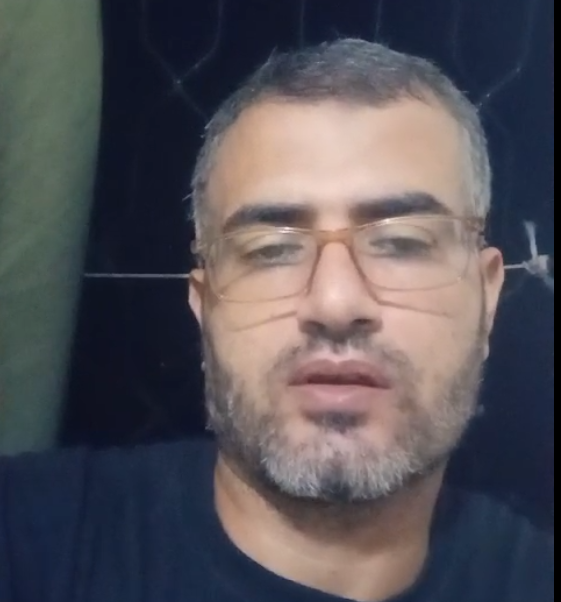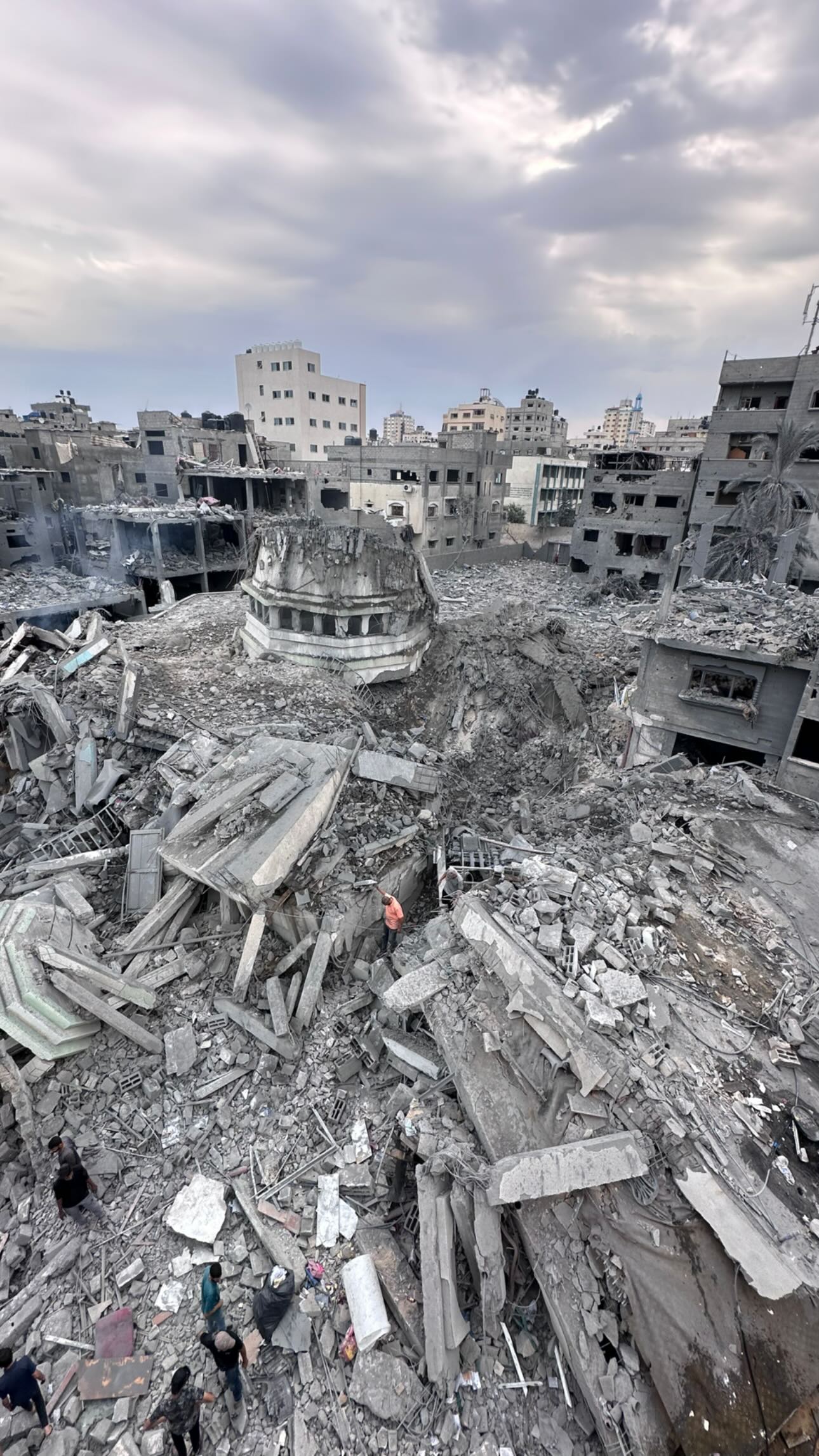Tag: #GazaUnderAttack
-
He did nothing, but he didn’t survive
By. Diana Khwaelid for ISM Al-Baqa al-Sharqiya village-Tulkarm – 11-10-2023 Ali Alyan, 31, a resident of the village of Baqa al-Sharqiya, northeast of the city of Tulkarem, was killed by the Israeli Iron Dome rockets which were countering the resistance rockets fired from Gaza near the occupied city of Ashkelon. Tuesday evening – 10-10-2023. Ali…
-
Video update from Ahmed Abu Artema in Gaza
Ahmed Abu Artema, who lives in Gaza, describes Israel’s relentless bombing as it continues to wipe out entire neighborhoods around him. Since Saturday, Israel has been bombing Gaza—a 25-mile strip of land, where half of the residents are children—non-stop. #PalestineUnderAttack pic.twitter.com/C4ifhVIKTr — The Top Secrets (@TheTopSecrets6) October 11, 2023
-
Gaza Under Attack: ISM statement and call to action
In these days, as Israeli prime minister Benjamin Netanyahu is vowing “mighty vengeance” following Saturday’s offensive by the Palestinian resistance, European governments are releasing statements essentially greenlighting Israel’s bombing campaign, which has already killed more than 400 Palestinians in Gaza and that might soon be followed by a ferocious ground invasion. For its part, the…



